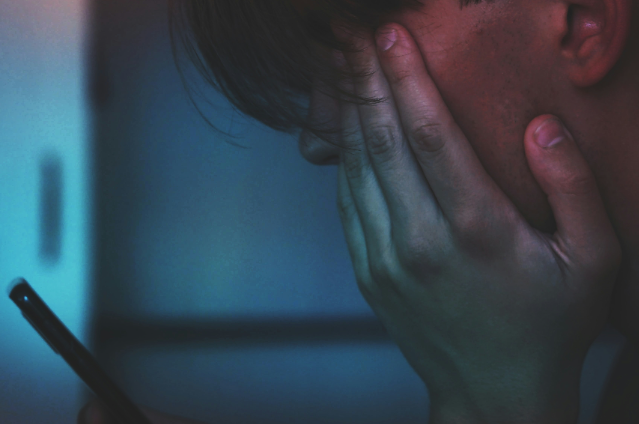
Photo by Adrian Swancar on Unsplash
Introduction
Social media has become an integral part of our daily lives, with millions of people around the world using platforms like Facebook, Instagram and Twitter to connect with others, share their experiences, and consume information. However, a growing body of research suggests that excessive social media use can have a negative impact on mental health.
The Rise of social media
Social media has come a long way since its inception in the early 2000s. Today, there are over 4.2 billion active social media users worldwide, with the average person spending around 2 hours and 25 minutes per day on social media.
The Impact on Mental Health
Research has shown that excessive social media use can lead to increased symptoms of depression, anxiety, and loneliness. Social media platforms showcase the highlight reels of other people’s lives, making it easy to compare and feel inferior. This can lead to feelings of inadequacy, low self-esteem, and a distorted view of reality.
Cyberbullying
Cyberbullying is another significant concern when it comes to social media and mental health. According to a survey by the Pew Research Center, 59% of teens have experienced online harassment, with 43% experiencing it on a regular basis. Sleep Deprivation
Social media can also interfere with sleep patterns, leading to sleep deprivation and related mental health issues. A study by the University of California, Los Angeles, found that people who use social media for more than 2 hours per day are more likely to experience sleep disturbances.
Addiction
Social media can be addictive, with many people experiencing withdrawal symptoms when they try to stop using it. This can lead to a vicious cycle of addiction, with negative impacts on mental health.
Conclusion
While social media has many benefits, excessive use can have negative impacts on mental health. It’s essential to be aware of these risks and to take steps to mitigate them. By setting boundaries, taking breaks, and seeking help when needed, we can promote healthy social media use and protect our mental well-being.
Ways to Protect Your Mental Health from Social Media’s Negative Impact
- Set boundaries: Limit your social media use to specific times of the day.
- Take breaks: Regularly take breaks from social media to give yourself time to relax.
- Use filters: Use filters to limit what you see on social media.
- Follow positive accounts: Follow accounts that promote positivity and mental well-being.
- Practice self-care: Prioritize self-care activities like exercise, medication, and spending time with loved ones.
- Seek help: If you’re struggling with social media-related mental health issues, seek help from a mental health professional.
- Be authentic: Be true to yourself and don’t compare your life to others on social media.
- Focus on real connections: Prioritize building meaningful relationships with people in your life.
- Take control: Remember that you have the power to control your social media use and its impact on your mental health.
- Seek support: Reach out to friends, family, or a therapist for support if you’re struggling with social media’s negative impact.
Remember,
“Taking care of your mental health is important, and being mindful of social media’s impact is a great step towards a healthier you!”
I wrote this article with the aim of helping people who are facing the challenges discussed above or are in a similar situation. I hope this article helps as many people as possible and that many of them will implement this advice in their lives to avoid the negative effects of social media.
. . .
References:
- Pew Research Center. (2020). Mobile Technology and Home Broadband 2020.
- University of California, Los Angeles. (2019). Social Media use and sleep Disturbances in Young Adults.
- Cyberbullying Research Center. (2020). Cyberbullying Statistics.
